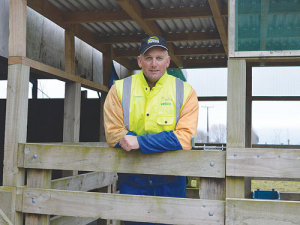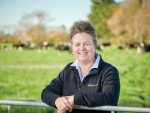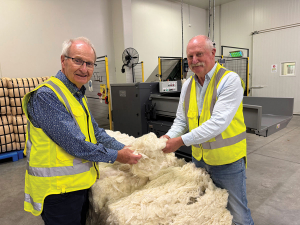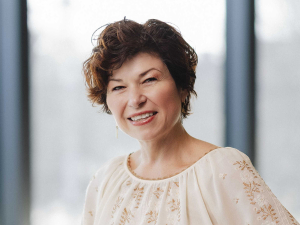It's time for DairyNZ and Beef + Lamb NZ to justify their split of the eradication costs of Mycoplasma bovis.
That's the message from Federated Farmers dairy chair Chris Lewis.
DairyNZ and Beef + Lamb NZ (BLNZ) have said the industry share of the eradication will be funded by special levies, with dairy contributing 94% and beef 6%.
Lewis wants to hear farmer reaction before he makes a more substantive comment.
But whereas he has been watching the process for a long time from a ‘privileged position’ behind the scenes, the average dairy farmer has only seen media releases coming into his email inbox in the last few days.
Dairy farmers would be taking it all in and thinking ‘s**t!’, he said.
“It’s something the levy groups BLNZ and DairyNZ have put out there and I encourage farmers to get in contact with them and talk through it with them.
“Feds always likes to hear members’ thoughts but this has been a DairyNZ and BLNZ decision, and they need to front it and explain how they got to it.”
Dairy farmers will be opening those emails and wondering how they got to that position, said Lewis.
Farmers spoken to by Dairy News at a DairyNZ event in Canterbury the day the decision was announced were philosophical about the costs they would have to bear.
They pointed out that in regions where the disease was ‘hot’ it had affected everybody in making them change their practices such as stock movements, winter feeding and mating. Farmers in other areas would be less happy with the levy.
Lewis said most people he spoke to still supported eradication of M. bovis.
“Some individual farmers have taken a massive hit financially and mentally so I guess we don’t want to re-litigate why we [need to] eradicate it.”
Dairy to pay 94%
Dairying will pay 94% of the industry costs of eradicating Mycoplasma bovis, and beef farmers will pay 6%, under a deal made by the two sectors’ levying bodies.
This means dairy farmers will pay $272 million, to be funded by a separate biosecurity levy on milk solids production.
Beef farmers will pay about $17.4m via a separate biosecurity levy at the point of slaughter.
Details such as payback period – probably 10 years – and whether levying will be weighted onto the first years or spread evenly across the period, will be determined by each body separately in consultation with their farmers in the new year.











